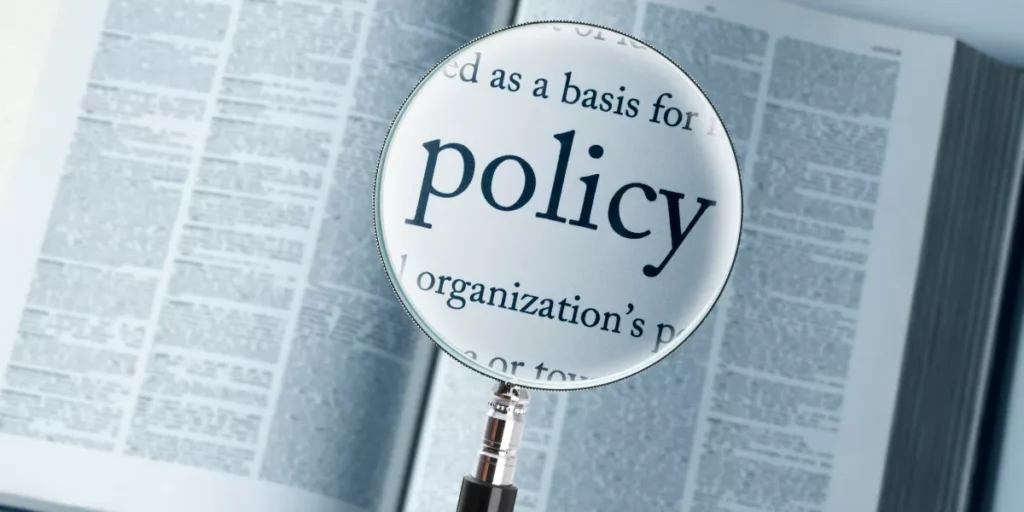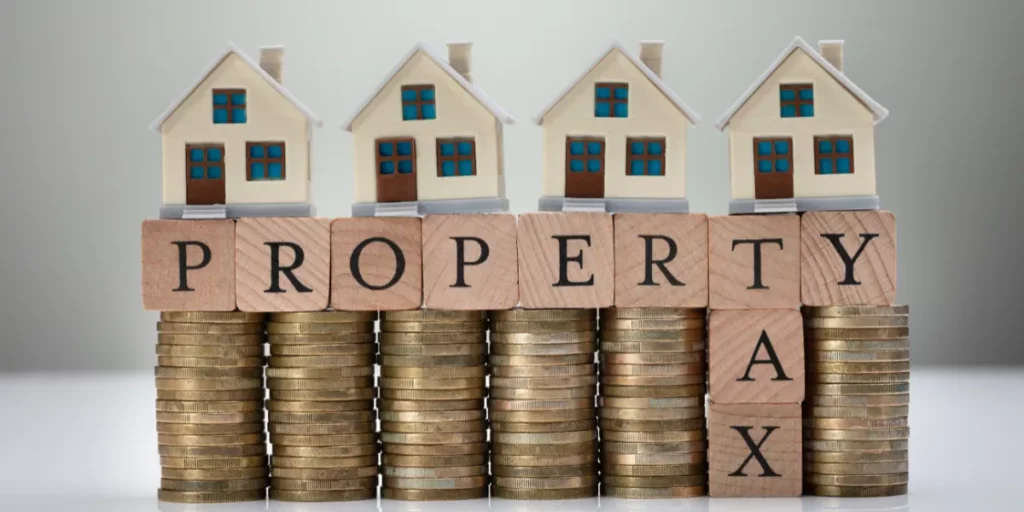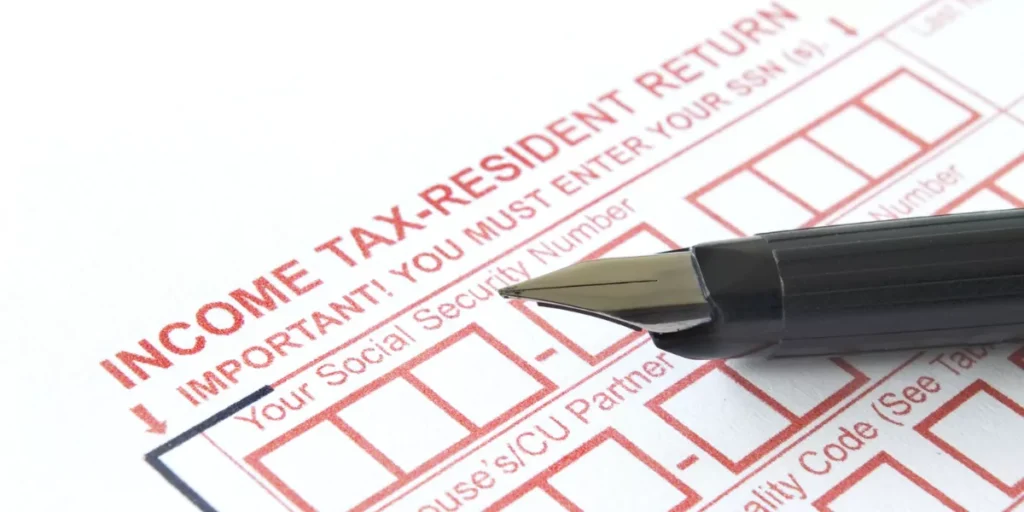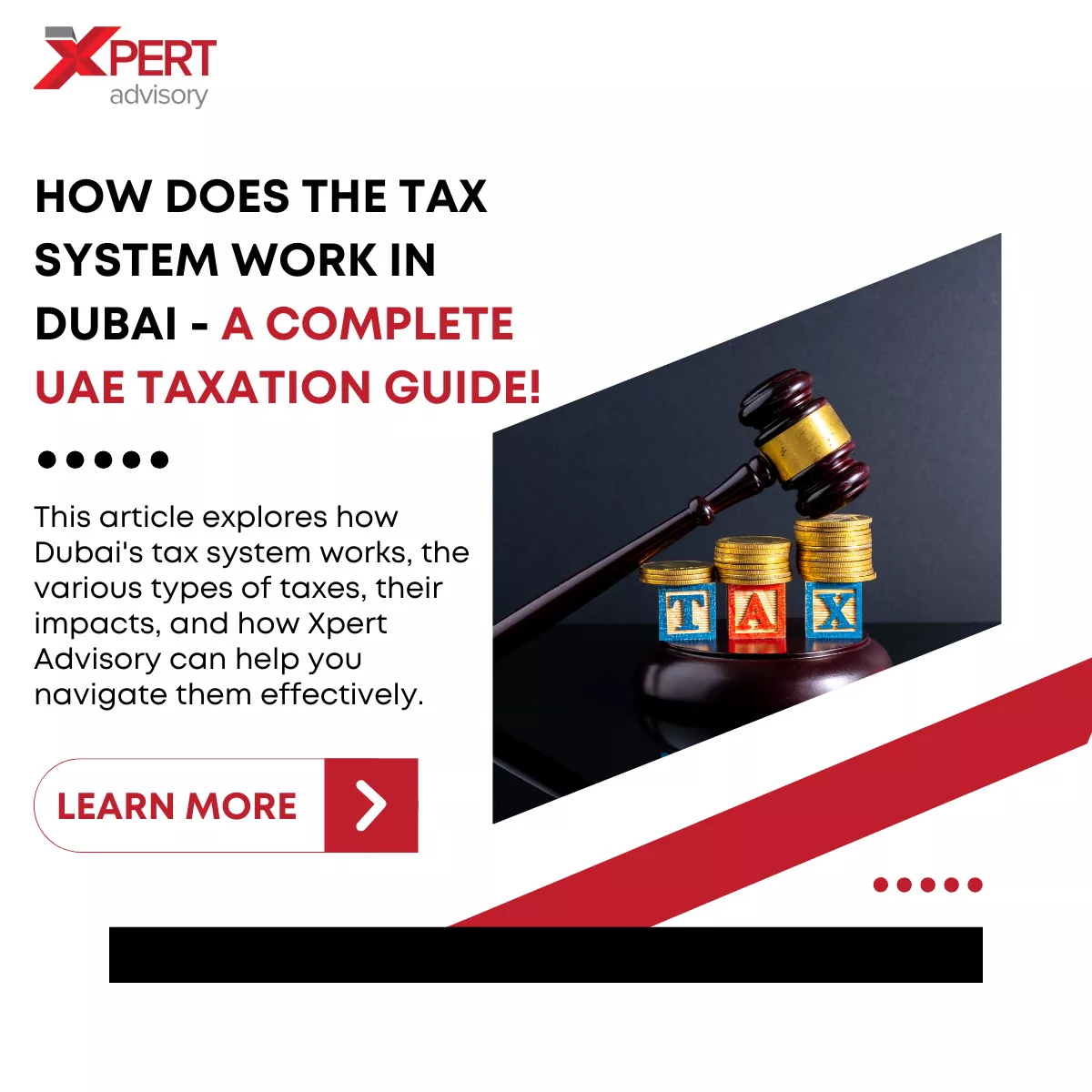Dubai is known for its favorable tax regulation, with no personal income tax. In Dubai you don’t pay income tax, there are no taxes for companies and only 5% VAT for goods and services.
As a result, the region attracts expatriates and foreign companies investment. However, as this fact is quite known, there are other imperative features of the Dubai Tax rate policy that everyone should consider.
In this article, we will discuss how does the tax system work in Dubai, the types of Dubai Tax, their impacts, and how you can deal with these taxes effectively with Xpert Advisory.
What Is Tax Policy in Dubai, UAE?

Before discussing how does the tax system work in Dubai, let’s first discuss the tax law that follows in Dubai for expatriates and businesses.
The reason why businesses are more inclined towards Dubai is the absence of income tax. However, the Dubai Tax is more complex than corporate income tax; it includes VAT, excise taxes, and municipal fees. These taxes cannot be easily noted when a new person comes across business and economics, but they are essential for business investment and normal purchases.
To avoid costly penalties, companies must understand these taxes to determine how they affect your operation as an individual, property owner, or entrepreneur.
That is why it is always better to turn to a professional like Xpert Advisory and ask for recommendations regarding new corporate tax law. You can also read our article about Corporate Taxation in Dubai for further information.
How the Does Dubai Taxation System Works?
Even though Dubai is famous for not having many taxes, there are some general UAE taxes that one needs to know. Here are the details of the seven most important taxes within the Dubai Tax regime:
Corporate Tax In Dubai
Launched in June 2023, the corporate value added tax in Dubai is progressive, with each company paying 9% corporate tax rate if the business’s net profit is AED 375000 or above. Small businesses and self-employed might be out of reach of this, but any larger company in Dubai will have to pay this tax.
Value Added Tax In Dubai
Implementation of VAT followed in 2018 with a set rate of 5% throughout Dubai. This applies to most of the products and services consumed in the UAE, but the following tax exemptions have been granted by Dubai government. For instance, educational, healthcare, and some explicitly residential facilities are excluded from the VAT or have a zero percentage charge.
Companies in Dubai must register for VAT liable if the annual turnover exceeds AED 375,000. Xpert Advisory is a leading consultant company in the UAE that offers services like VAT registration. They also help file VAT returns and offer other services that help companies align with the Dubai taxation system.
Excise Taxation In Dubai
Excise tax is imposed on products deemed unhealthy or unhealthy to the environment. This includes soft drinks, energy drinks, deliberate tobacco products, and carbonated beverages. Excise tax rate in Dubai vary from fifty to one hundred, depending on the specific product. Any Dubai company handling such products must be subjected to excise tax and pay necessary fees.
Municipal and Property Tax

Dubai property tax is a municipal tax whereby individuals in Dubai are required to pay a fee estimated on the rental price of the space. This tax normally targets the tenants and costs amount to 5% of the annual rental value in the Emirate of Dubai.
No matter if you own a house, an apartment building, or other types of property to rent, it is important to know the municipal tax you have to pay.
Payroll Tax and Social Security
Although there is no payroll tax for expatriate and non-GCC nationals, the social security system controls UAE nationals and other GCC citizens.
Moreover, GCC nationals working in the United Arab Emirates, are subjected to a social security tax of 17.5%. The UAE nationals must pay 5% and an additional 3% which is automatically debited on their paychecks, while the employer contributes 12.5%.
Inheritance Tax In Dubai
In Dubai, there is no federal tax authority governing the rate to be imposed on the heirs regarding the inheritance tax. In the case of inheritance, however, there are two options: the Muslim inheritance act, which requires Islamic Sharia law for Muslims, or the general laws of the country of origin for others. The lack of a proper IT system is one reason expats should be careful about their wills and succession planning.
Income Tax In Dubai
We have stated above that Dubai has no personal income tax, which makes Dubai very appealing to professionals and freelancers. It forms part of the principles of the Dubai Tax system, and all residents and non-residents can use this option.
To open a company in Dubai, Xpert Advisory helps you get through corporate and other taxes so you can fully optimize your income tax-free status without violating other types of taxes.
Who Qualifies As Tax Residents In Dubai?

If you want to get tax residency in Dubai, you need to meet any of the following criteria:
- You must continuously lived in the UAE for less than 183 days in any given fiscal year.
- You can’t leave the country for a single break and can stay in the UAE for more than 183 days in one year.
- When writing this paper, you must have a valid residence visa from the UAE government.
As much as a person is recognized as a tax resident in the UAE, he or she is expected to declare his or her total income to the tax authorities in Dubai and pay tax according to the amount declared in the tax return form.
What Challenges You Can Face in Dubai’s Tax Legislation?
Although Dubai is known as one of the most tax-friendly cities in the world, there are still certain issues that companies and individuals are likely to face in Dubai. The tax system in Dubai is also changing in response to new tendencies and the need to achieve the state’s economic stability, which is a big challenge. For instance:
- Corporate Tax Introduction: Beginning this year, specifically in 2023, a 9 percent corporate tax on adjusted profits applies to businesses in Dubai. Companies that have presumed the invincibility of tax havens might have to change their budgeting and accounting systems.
- VAT Adjustments: Currently, VAT is at 5%; however, future increments can’t be overlooked since the government continually looks for revenue sources, especially in infrastructure and public services.
- Compliance with International Standards: Today, Dubai is trying to achieve international cooperation in the field of tax transparency, for example, within the framework of the BEPS project. These measures could bring about additional matters of reporting and disclosure.
Final Words
Knowing how does the tax system work in Dubai helps you understand the complete structure of the tax systems like corporate tax, VAT, and municipal taxes. Even though there is no personal income tax introduced for companies in Dubai, it is important to know about other taxes treaties. Having the right kind of information lets you enjoy the freedom Dubai provides in terms of taxes and fees while not subjecting yourself to additional tax burden.
Still unsure about Dubai’s tax rules? Get in touch with Xpert Advisory experts today to find tax advice for your specific situation.
FAQs
How Much Tax Do You Pay In Dubai?
All private income in the UAE is tax-free as long as you have a UAE Residence Visa.
How Does Dubai Make Money If It’s Tax-Free?
Dubai makes money with the revenue generated from oil, gas, tourism, business investments, and the 5% VAT introduced in 2018.
Do Foreigners Pay Tax In Dubai?
No, foreigners don’t pay personal income tax. However, certain taxes apply to property transactions, like the property transfer tax, which is around 2% to 4% of the property’s value.
Does Dubai Charge Tax On Salary?
No, Dubai doesn’t charge tax on salaries. The only tax that you need to pay is 5% VAT on goods and services.
Can Companies Claim Tax Return In Dubai?
Yes, Dubai offers a VAT refund system to tourists and eligible companies. Tourists may request VAT refunds on purchases made from participating retailers. If you choose a cash refund, the maximum amount you can receive is AED 35,000. If the refund exceeds this amount, tourists must present a credit or debit card to process it.






